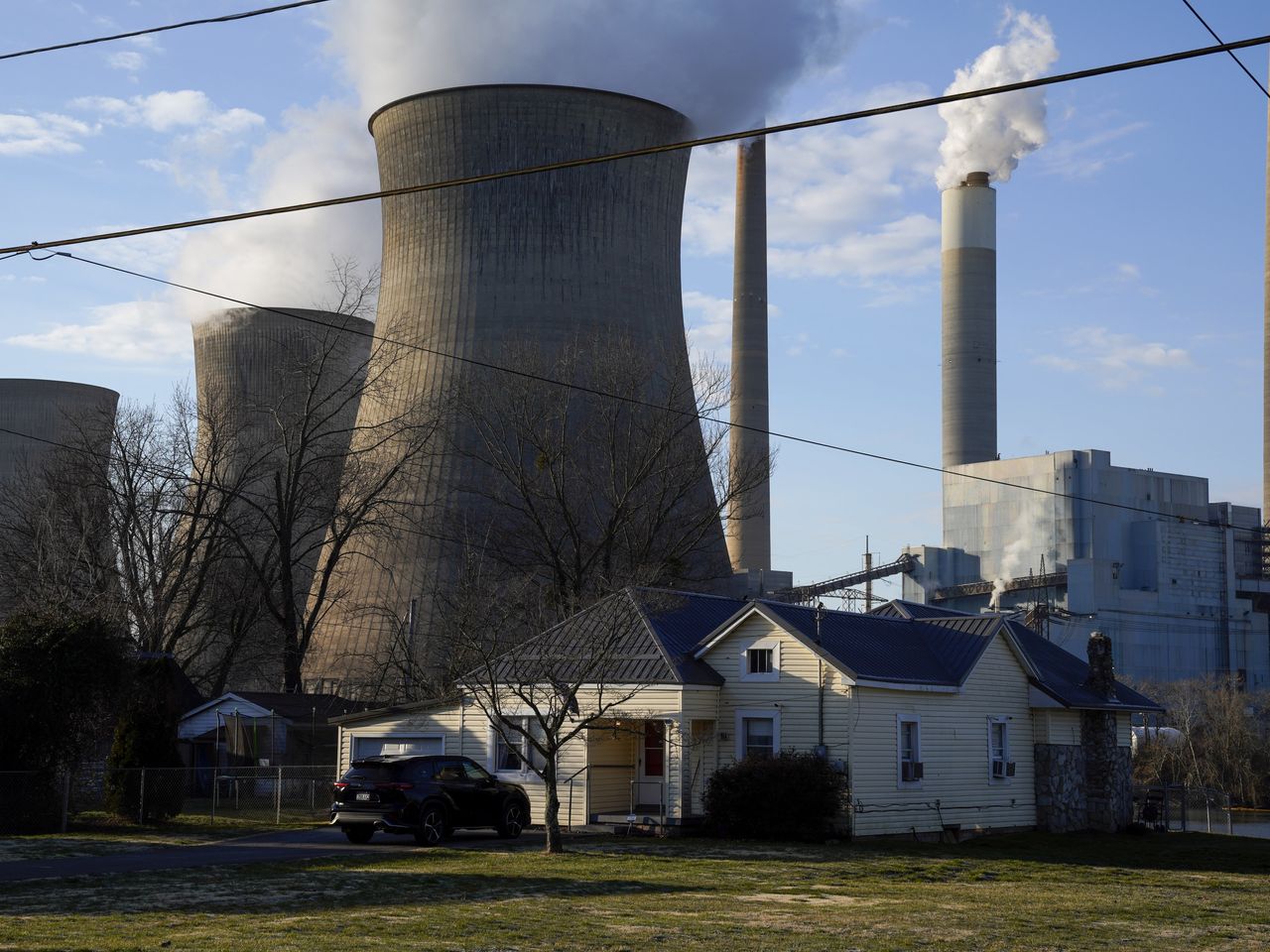The Biden administration‘s recent decision to exclude existing natural gas power plants from forthcoming carbon emissions regulations has raised significant concerns among researchers and environmental advocates.
This move, which diverges from President Joe Biden‘s strategy to decarbonize the economy by 2050, particularly focuses on cleaning up the power industry, a major contributor to the nation’s greenhouse gas emissions.
While the exclusion primarily affects gas plants, which account for over 40% of carbon emissions in the U.S. power sector, it has sparked worries about the nation’s ability to meet its climate goals, especially beyond 2030.

Ben King, an associate director at Rhodium Group’s energy and climate practice, emphasized the importance of addressing emissions from existing gas plants for long-term climate objectives. He noted the necessity for utilities and grid operators to plan accordingly, highlighting the need for proactive measures.
The Environmental Protection Agency (EPA) intends to draft a separate rule to regulate CO2 emissions from existing gas plants and other hazardous air pollutants after finalizing the initial regulations later this spring.
However, the timeline for this separate rule remains unspecified, raising concerns about potential delays or abandonment, particularly if there is a change in administration following the upcoming general election.

Critics of the exclusion argue that it undermines efforts to combat climate change and reflects a departure from previous environmental protection initiatives.
Trevor Higgins from the Center for American Progress criticized the Trump administration’s hostility towards environmental protections and expressed concerns about potential rollbacks in climate policy under future Republican leadership.
The exclusion proposal would have required large gas-fired plants to adopt carbon capture technology or co-fire with hydrogen, aiming to significantly reduce carbon emissions. However, the power industry pushed back against these requirements, deeming them unfeasible.




